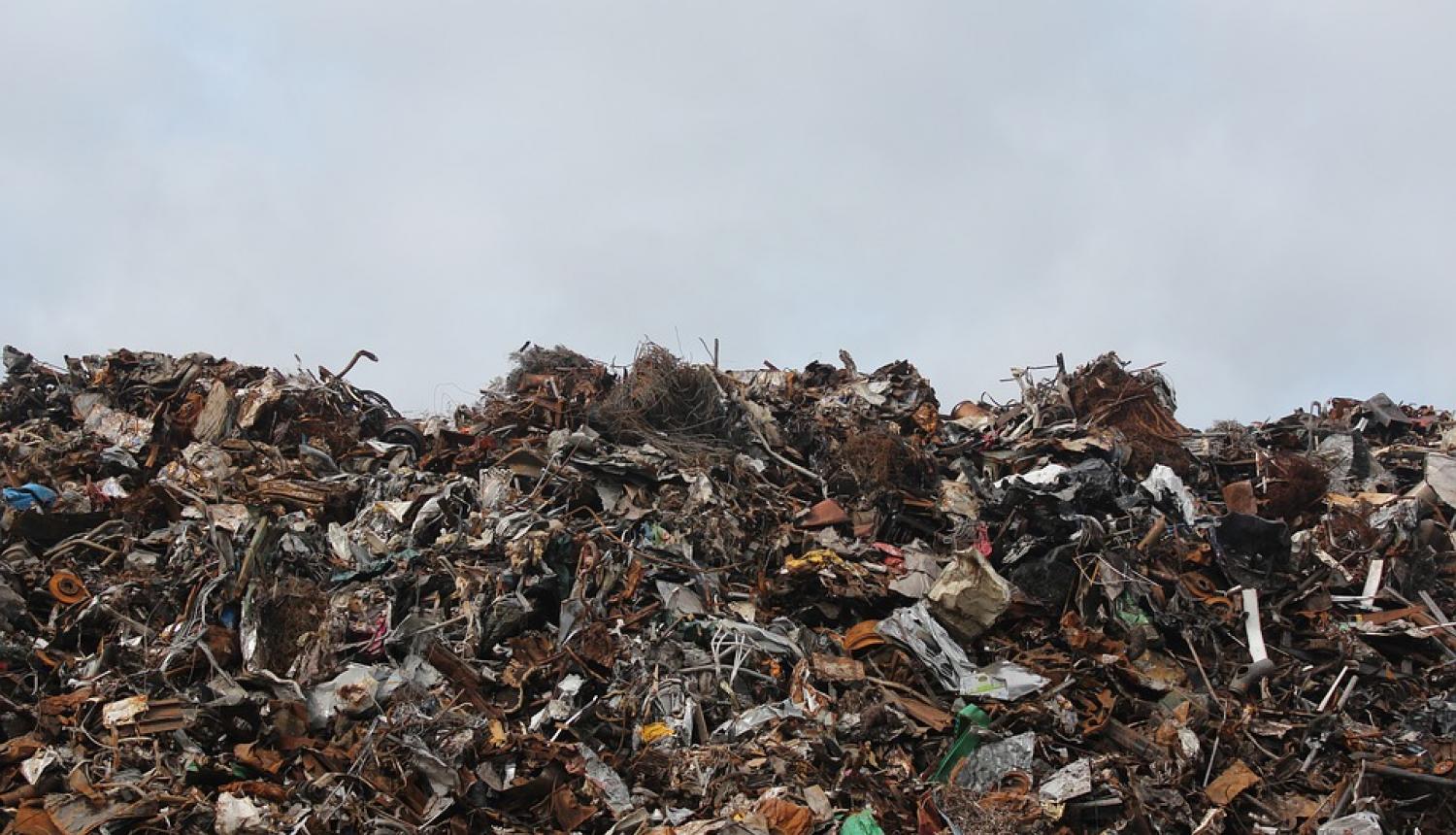Riga, January 14, 2021 - Today the Cabinet will review the State Waste Management Plan for 2021-2028 prepared by the Ministry of Environmental Protection and Regional Development, which aims to expand the system for the separate collection of waste, develop the institutional framework for waste management, create stronger waste management regions and implement the principles of circular economy in order to: substantially increase waste recycling and reduce waste disposable.
Minister Artūrs Toms Plešs (AP!): “The waste management sector is one of the most important sectors of the economy in the country, so effective management of the sector is needed. In order to reduce waste generation and to ensure more efficient management, and to achieve ambitious targets for waste recycling and to reduce waste storage, the necessary resources should be planned and a strong waste management repository developed. The objectives and operational lines of the new waste management plan will improve the overall waste management framework in the country by implementing the principles of waste disposal."
The Plan describes the state of play in the sector as well as developing action lines and measures to achieve the environmental policy objectives for the reduction of waste generation, the separate collection and recycling of waste, and the reduction of waste storage in landfills. The proposed action lines are in line with the European Union's (EU) growth strategy, the European Green Course *, as well as the New Circular Economy Action Plan “Towards a cleaner and more competitive Europe”. **
The plan aims to create more robust waste management regions, thereby developing and increasing waste recycling capacity, as well as extending distributed waste streams, so that both biological waste can be disposed of separately, and by 1 January 2025 textile waste. . More extensive shared collection will make it possible to move towards reducing the amount of waste stored in landfills so that no more than 10% of the total amount of municipal waste (currently more than 60%) is disposed of in landfill by 2035, while recycling would represent at least 65% of the total amount of municipal waste.
Instead of the past ten regions, it is planned to create five strong waste management regions, following the results of administrative territorial reform, and to set up regional waste management centres based on landfills. . The plan foresees setting the new borders for waste management regions by May 2021, with a view to jointly developing regional waste management plans in regional municipalities by the end of 2022.
The operation of all existing landfill sites will be continued but the range of waste management activities will be differentiated. For example, waste management activities such as sorting, sorting, resorting, preparing fuel from waste, recycling certain types of waste, as well as repair and repair activities could be carried out in the landfill area. On the other hand, in landfill sites where capacity is sufficient and economically justified, waste disposal activities can continue to be carried out, but the municipalities in the waste management region will have to take a decision on this.
Studies carried out in the process of drawing up the plan have shown that 548 million are needed for the development of the sector. public and private investments in euro U. During the programming period of the EU funds 2021-2027, 103.53 million will be available for waste management and the transition to the circular economy model. euro. Other sources of funding are investments by economic operators, waste producers and operators and payments for waste management, which are applied in the implementation of the polluter pays principle and the principle of extended producer responsibility.
During the next programming period of the EU funds (2021-2027), it is planned to continue to support the development of waste recycling in the country, including in order to promote the extraction of secondary raw materials, as well as to implement a new line of support for the introduction of circular economic principles for business, including by providing support for improving technological processes to promote the use of secondary raw materials or closed resources introduction of cycles. A significant part of this investment is planned for the recycling of biodegradable waste.
“State waste management plan for 2021-2028” is based on a public procurement “Investment needs assessment for the development of the national waste management plan for 2021-2028” ** (IL/57/2020), the performer of which is the results of studies carried out by Geo Consultants Ltd, the multidisciplinary expert team and proposals developed. . The plan also uses public procurement “Investment needs assessment for the development of the State waste management plan for 2021-2028” (IL/118/2019), with the results of “Gateway Baltics” Ltd. s. The results of the studies are publicly available Ton the **** website.
* The European Green Course is a new EU growth strategy to create a fair and prosperous society with a modern, resource-efficient and competitive economy with (GHG) net emissions falling to zero in 2050.
** 4 September 2020 BOM approved “Action Plan for the transition to the circular economy 2020-2027”.
*** “Geo Consultants”, 2020. Study “Assessment of investment needs for the development of the national waste management plan 2021-2028” (IL/57/2020), available: https://www.varam.gov.lv/sites/varam/files/content/investiciju-needs-assessment-aavp-2021_2028-geoconsultants-2020.pdf
**** VARAM website address: https://www.varam.gov.lv/lv/petijumi-environmental-and-nature-field
Information prepared by:
Public Relations Department
Ministry for Environmental Protection and Regional Development
20200305, 67026533
e-mail: prese@varam.gov.lv
www.varam.gov.lv
